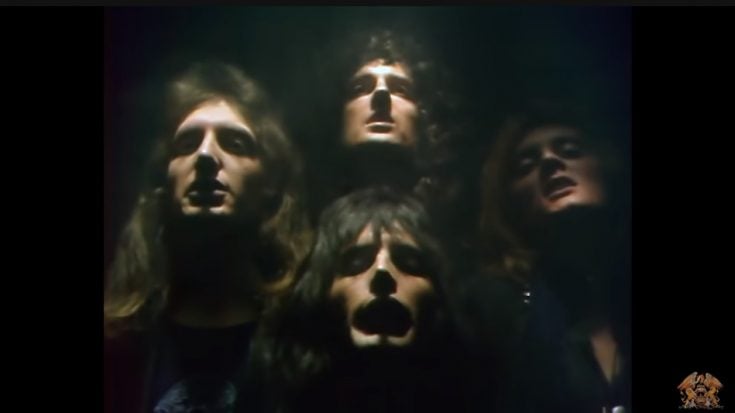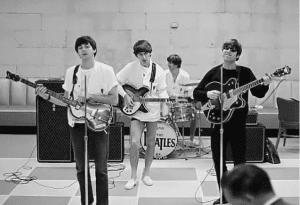Where Did The “Galileo” Come From In “Bohemian Rhapsody”

Bohemian Rhapsody's official music video remaster - Queen Official / Youtube
Queen’s “Bohemian Rhapsody” is undoubtedly a musical masterpiece, with its operatic section being a standout moment featuring the repeated name of Italian astronomer Galileo. But how did Galileo end up being a part of this iconic rock song? Let’s delve into the mystery.
The Astronomer and Physicist
Galileo di Vincenzo Bonaiuti de’ Galilei, born in 1564, was a true polymath of his era. Renowned for his expertise in physics, engineering, and astronomy, he earned the title “father of observational astronomy.” Galileo’s contributions included advancements in thermoscopes, military compasses, telescopes, and microscopes, earning him recognition as a pioneer in modern science.
Why Galileo in “Bohemian Rhapsody”?
The inclusion of Galileo in the song remains a bit enigmatic, but two prominent theories attempt to shed light on this musical mystery.
The first theory ties back to Freddie Mercury’s relationship with guitarist Brian May, who holds a Ph.D. in astrophysics. The “Galileo” reference is thought to be a tribute to May’s passion for astronomy, showcasing the camaraderie within the band.
The second theory delves into the song’s operatic section, where fans have dissected its references. One interpretation suggests that “Galileo” represents Jesus Christ in Ancient Rome. The phrase “Galileo Figaro Magnifico” is seen as a slightly corrupted Latin expression, signifying “Magnify the Galilean’s image.” This theory suggests a deeper connection, with the central figure reaching out to Jesus Christ amid references to good and evil.
View this post on Instagram
Insights from Queen’s Members
Freddie Mercury, the lyrical maestro behind “Bohemian Rhapsody,” kept the true motivation behind the lyrics under wraps. In a 2002 interview with Blender, Brian May emphasized Mercury’s complexity and the personal touch he infused into the song, addressing insecurities and challenges in his life.
May recalled Mercury’s visionary role in creating the song, stating,
“He knew exactly what he was doing. It was Freddie’s baby. We just helped him bring it to life.”
Producer Roy Thomas Baker shared anecdotes about the operatic section’s evolution, highlighting Mercury’s continuous additions of “Galileos.” The group spent extensive hours perfecting this part, humorously referring to themselves as “the sausage machine.”
A Legendary Song Was Born
“Bohemian Rhapsody” became one of Queen’s most iconic hits, reaching No. 9 on the Billboard Hot 100 upon its release. Its enduring popularity led to chart resurgences in the ’90s and 2018-2019, driven by memorable moments like its inclusion in the film “Wayne’s World” and the Queen biopic.
The song’s diamond status attests to its timeless appeal, with over 10 million digital streams and additional physical sales. “Bohemian Rhapsody” stands as a testament to Queen’s musical prowess and Freddie Mercury’s enigmatic lyricism, leaving fans to marvel at the enduring mystery of Galileo’s role in the rock anthem.












